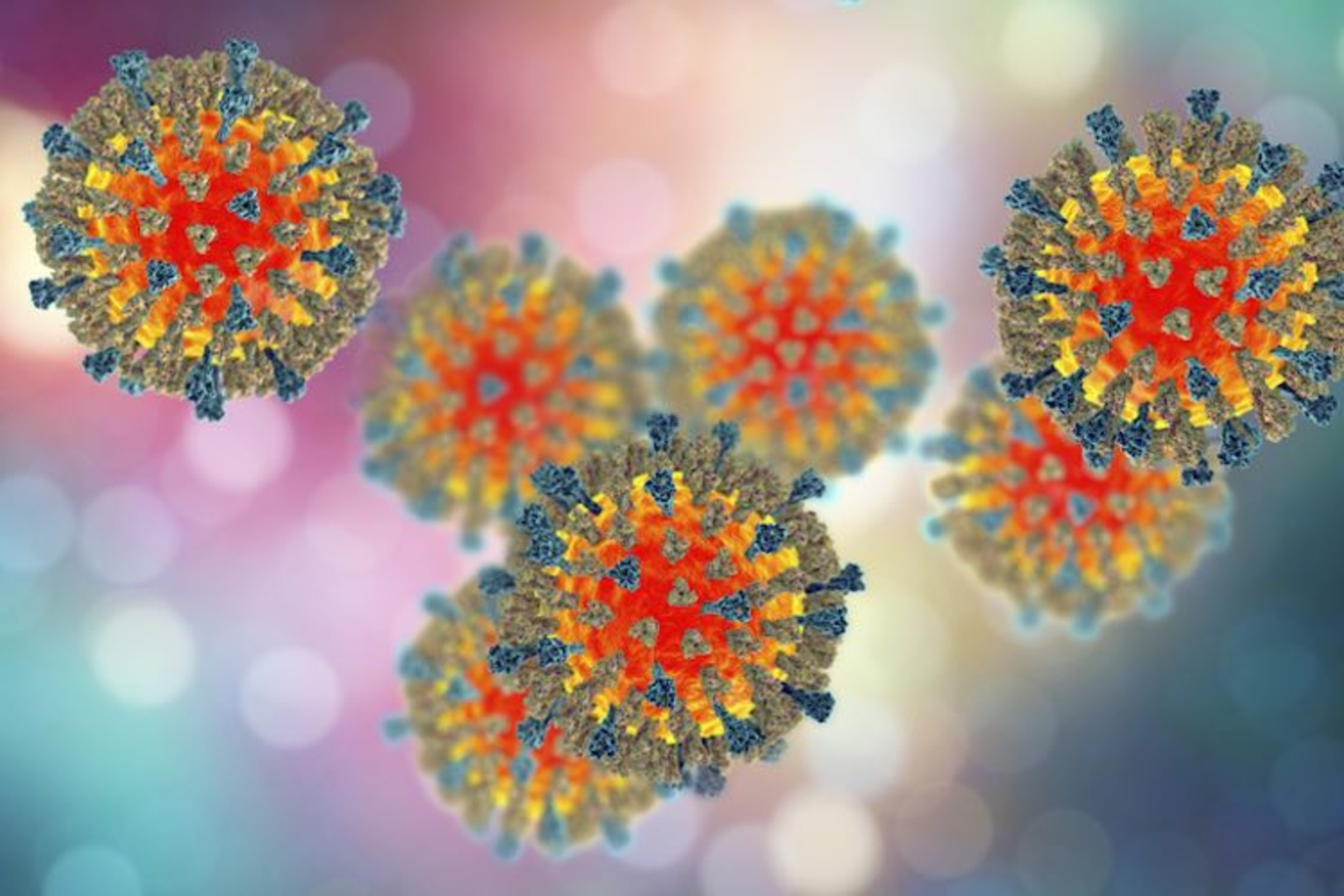

It’s Flu Vaccination Time: Strategies to Help Cope with a Fear of Needles
It is normal to have a fear of needles – this can be common in both children and adults. In some people the fear of needles can be excessive, and may prevent them from getting vaccinations or bloodwork done. In children, this excessive fear can potentially lead to defiant and aggressive behaviour. Some people with needle phobia may require therapy intervention to help them overcome their fear.
The Public Health Agency of Canada recommends a yearly flu vaccine as the first and foremost action to protect yourself against the flu. While everyone 6 months of age and older should get an annual vaccine, it is especially crucial for people considered at high risk of serious flu complications (including young children, pregnant women, people with certain chronic health conditions, and people 65 years of age and older). To help support Jamati members who might have a fear of needles below is a list of strategies:
Coping methods for adults and adolescents:
- If it will help you to know each step that the healthcare practitioner is doing, ask the person administering the needle to let you know what is being done as it happens. On the other hand, if the updates make you nervous and you prefer not to know, inform them of this as well.
- If you prefer to distract yourself while receiving a vaccination or needle, bring something with you, such as a tablet or a book.
- If you prefer to engage in social small-talk while receiving a vaccination or needle, let the person administering the needle know that you are feeling anxious, and that having a conversation on a different topic might be helpful.
- Consider whether you would like to use a topical skin-numbing agent, such as EMLA cream, which can help with needle insertion. These are available over-the-counter at a local pharmacy.
- Using affirmative self-statements may help you cope. Examples include telling yourself that you can handle this, or that the procedure will be over soon.
- Some people may feel faint, or may have fainted in the past in response to their fear of needles. There is research that supports the use of applied tension. Ask your family doctor or healthcare provider about this.
- If you experience panic or feel anxious but do not feel faint, try relaxation strategies while waiting and receiving the needle. These can include mindful meditation, deep breathing, and visual imagery.
What parents can do to support young children:
- Most older children and adolescents cope better when they receive information about why they need to have the needle or vaccination, and information about how it is helping them.
- Involve your child in planning the approach. Ask whether they prefer a distraction at the time, or if they want to know exactly what is happening, or if they would like to utilize both strategies.
- Distraction activities can include blowing bubbles (for younger children), watching a favourite video (ensure it is downloaded and ready to go), playing an electronic game, or playing an interactive game • For children who want to know exactly what is happening, ask the person administering the needle to explain what they are doing as they do it (e.g. “I’m cleaning the area where the needle will go”).
- If asked whether the needle will hurt, it is best not to pretend that it won’t. You can say that they will feel a prick but that it will not last for long, or that it will hurt a little at first and that you will be there to help them handle the needle.
- Ask the child if they wish to use a skin-numbing agent, and if so, do a trial run using this before the day of getting the needle so that the child knows how it will feel.
- For infants, breastfeeding or using a sugar solution prior to receiving the needle may help to reduce the pain.
- Use supportive language with your children. Avoid telling them that they are old enough now to handle it or that they should be brave like their sibling. Instead, remind the child of how they have coped in the past, and empathize and be supportive by showing your confidence in their ability to cope. (e.g. “I know this is hard for you and you have done hard things before”.)
Disclaimer: Information from this article is not medical advice and does not replace the advice from your doctor, nurse, or other healthcare professional. Always consult with your healthcare provider for personalized medical advice.
This article references information from the following resources which can also be reviewed for further details:
- Antony, M., & Watling, M. (2006). Overcoming medical phobias: How to conquer fear of blood, needles, doctors, and dentists. New Harbinger Publications.
- Children's Hospital of Eastern Ontario. (2012). Needle Fears and Phobia. Available from: https://www.cheo.on.ca/en/resources-and-support/resources/P5018E.pdf
- Guy’s and St Thomas’ NHS Foundation Trust, (2017). Overcoming your needle phobia (fear of needles). Available from: https://www.guysandstthomas.nhs.uk/resources/patient-information/all-patients/overcoming-your-fear-of-needles.pdf
- Orenius, T., LicPsych, Säilä, H., Mikola, K., & Ristolainen, L. (2018). Fear of injections and needle phobia among children and adolescents: an overview of psychological, behavioral, and contextual factors. SAGE Open Nursing, 4, 2377960818759442.










